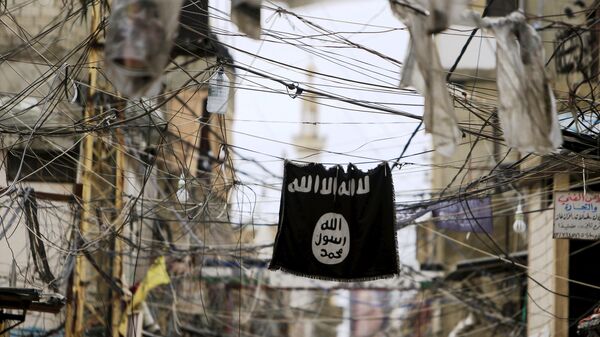The self-proclaimed Islamic caliphate, unlike other terrorist groups, generates its income locally. The militants mostly make money from taxes, extortion, kidnappings, oil smuggling and private donations. These sources have recently been affected, with Daesh losing territories, fighters, civilians, hard cash, oil fields and smuggling routes.
While senior Daesh commanders are said to have clashed over allegations of corruption, mismanagement and theft, some fighters have not been paid at all, the Washington Post reported, citing US counterterrorism officials.
"Cash shortages already have forced the group to put many of its Iraqi and Syrian recruits on half-pay, and accounts from recent defectors suggest that some units haven't received salaries in months," the media outlet detailed. Civilians and businesses living in cities under Daesh's control "complain of being subjected to ever-higher taxes and fees to make up the shortfall."
The IHS Conflict Monitor painted the same picture in mid-March, saying that Daesh "was struggling financially." The trend manifested itself in "tax hikes, increases in the cost of state-run services and significant cuts of up to 50 percent in the salaries" paid to the fighters.



